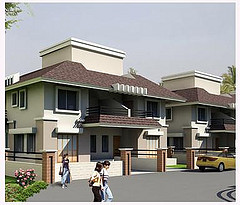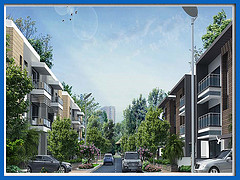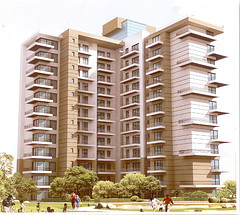Like every other place, Bangalore also hit itself hard with demonetisation. This deeply effected the realty sector which consequenced in the announcements on Akrama Sakrama Scheme, National Green Tribunal’s drive to reduce the lake beds in the city. However, this is now beginning to change with the initial dust of demonetisation finally settling down. With the Union Budget Announcement, which extended a big hand to support the affordable housing, the demands have increased yet again.
Bangalore is reported as the third largest hub for High Net Worth Individuals which increases the demands for luxury housing in the form of apartments or plots in Bangalore. As the southern and eastern zones of Bangalore are popular for their commercial complexes and workplaces, major residential demands are fed by these areas.
With a 4% increase of ready to move in demands, a data was collected about where should buy their properties according to the budget.
For those who wish to manage a housing within 40lakhs have a number of options to choose from sppecially in the IT hubs such as electronic city. 1bhk Flats falls the most popular under this category. Amonsgt married couples who choose to live in the city regarding work, opt for a 2bhk house in Electronic City, Whitefield or Bannerghatta Road.
The residential demand in these areas are the highest and always dominate the popularity charts with a perfect capture of 40% of the total demands.
Apart from this, the Bangalore real estate is not keeping the 3BHK Flats and private villas aside and are launching new apartments under the category of 60lakh to 1 crore in areas like Hennur which have large scale infrastructure, easy connect with outer ring road and the international airport. Apart from Hennur, Kanakpura Road and Hebbal are also set with their ready to move in flats to meet the expectations of investors who desire luxury laced with tranquility.
Now for those entrepreneurs who does not wish to compromise on their lavish living and royalty, Bangalore is providing them plots and private villas in the range of Rs 1 Crore- 2 crore in areas such as Sarjarpur Road and Arekere. These have recently turned out to be a royal investing for the rich entrepreneurs which are mostly HNIs.











